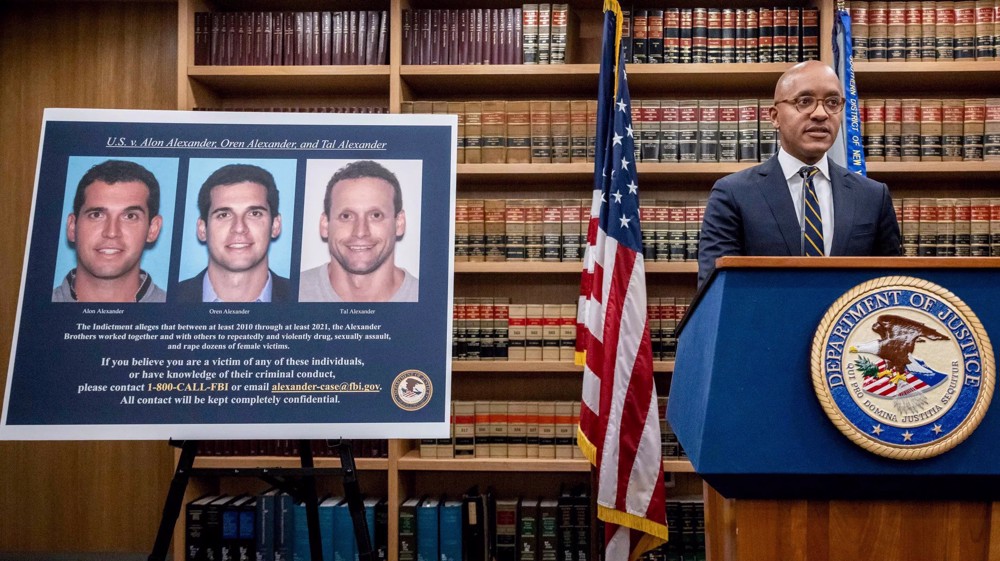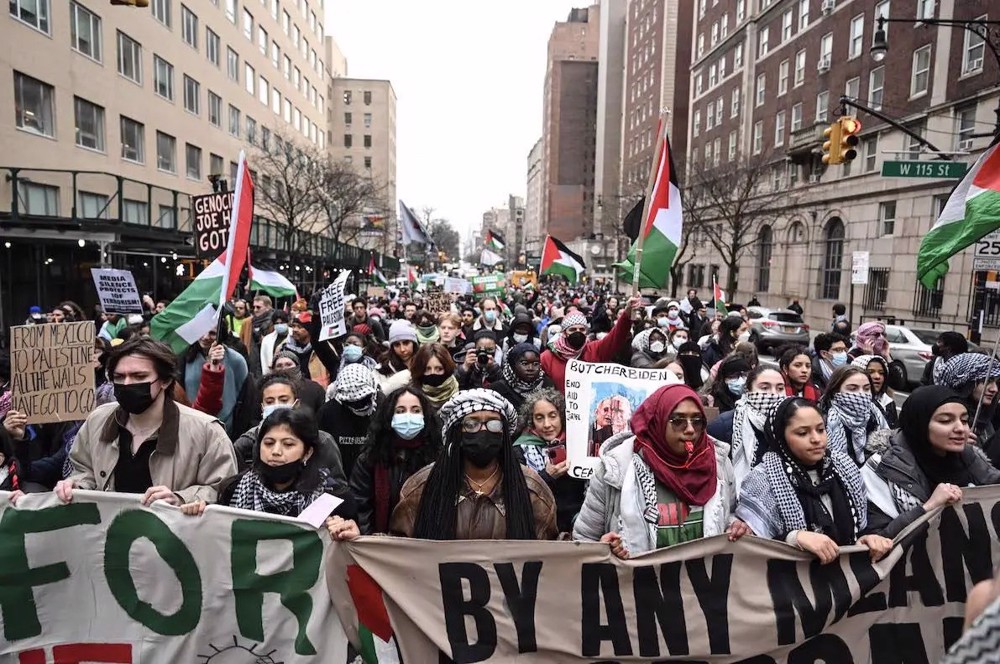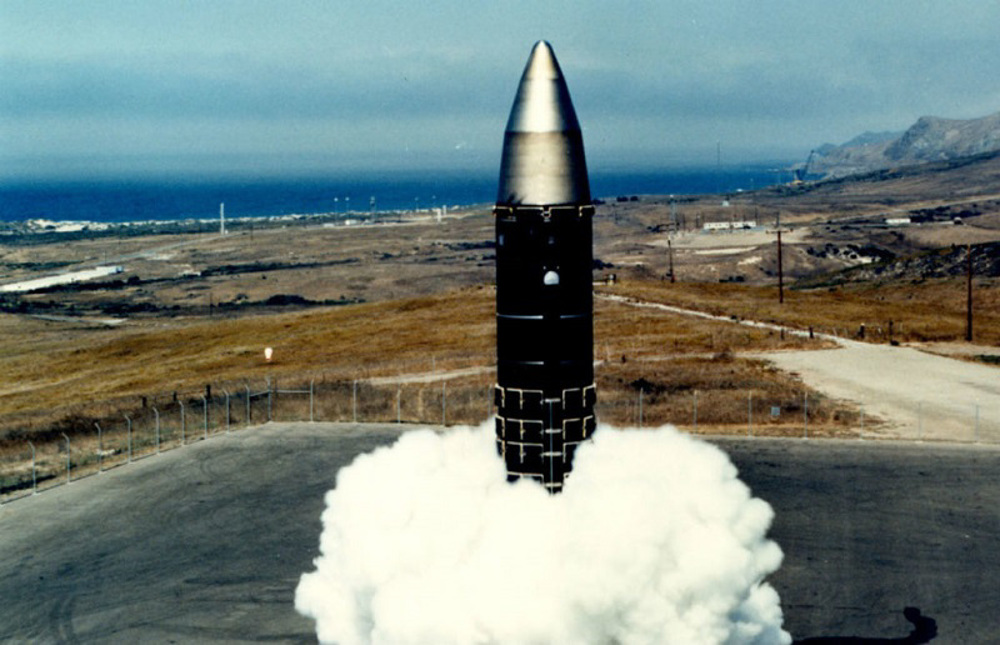Scores of 'Fight for $15' protesters arrested in US cities
Dozens of Americans have been arrested during mass protests calling for higher pay and union rights in cities across the United States.
The arrests came on Tuesday after hundreds of fast-food cooks and cashiers, Uber drivers, home health aides and airport workers took to the streets as part of nationwide "Fight for $15" protests in their first major action since Republican Donald Trump was elected president.
Trump, who defeated his Democratic rival Hillary Clinton on November 8, had on numerous occasions promised to create jobs for Americans.
The international property developer and business mogul has said that the minimum wage should be raised, although he also suggested that US workers were overpaid.
"(Trump) needs to be held accountable for his promises," said Hector Figueroa, president of 32BJ, a property service workers union affiliated with the Service Employees International Union that supports "Fight for $15."

In New York, over 300 protesters gathered before dawn at Zuccotti Park, beating drums and chanting slogans.
They were shouting, "We shall not be moved," while holding signs that read, "We won't back down" and "Strike for $15 and our future."
"When we started demanding $15 ... people thought we were crazy, but we were just demanding the basic minimum to survive," said protester Alvin Major. "Right now I can barely pay my bills."
Multiple people were arrested in several cities mostly for disorderly conduct, including blocking the traffic.
Police arrested 26 in New York City, 36 in Cambridge, Massachusetts; 39 in Detroit, Michigan; and 40 in Los Angeles, California.
Protests were also held in New Orleans, Las Vegas, Nevada; St. Louis, Missouri; and Memphis, Tennessee, but nobody was arrested, police said.

Among protesters were elected officials, including State Rep. Frank Hornstein of Minneapolis, who said the result of the presidential election made it more important to step up on issues like a higher minimum wage.
"We have to build a strong movement, a strong effort to say that just because of a national election, these issues don't go away," Hornstein said. "In fact, we have to be even more determined and more clear about what our vision is."
Dec. 22: ‘Axis of Resistance’ operations against Israeli occupation
‘Abhorrent’: Oxfam says only 12 trucks delivered aid in North Gaza since Oct.
VIDEO | Leader receives religious eulogists on Hazrat Fatima birth anniv.
Pope Francis slams Israel’s ‘machine-gunning’ of Gaza children
US hostage-taking of Iranian nationals violation of intl. law: Deputy FM
VIDEO | Carol Singers for Palestine on London’s Parliament Square
Ansarullah says ‘Israeli terrorists’ incapable of confronting Yemen, warns of secret weapons
VIDEO | Yemenis praise the military for its successful operations against Israel










 This makes it easy to access the Press TV website
This makes it easy to access the Press TV website